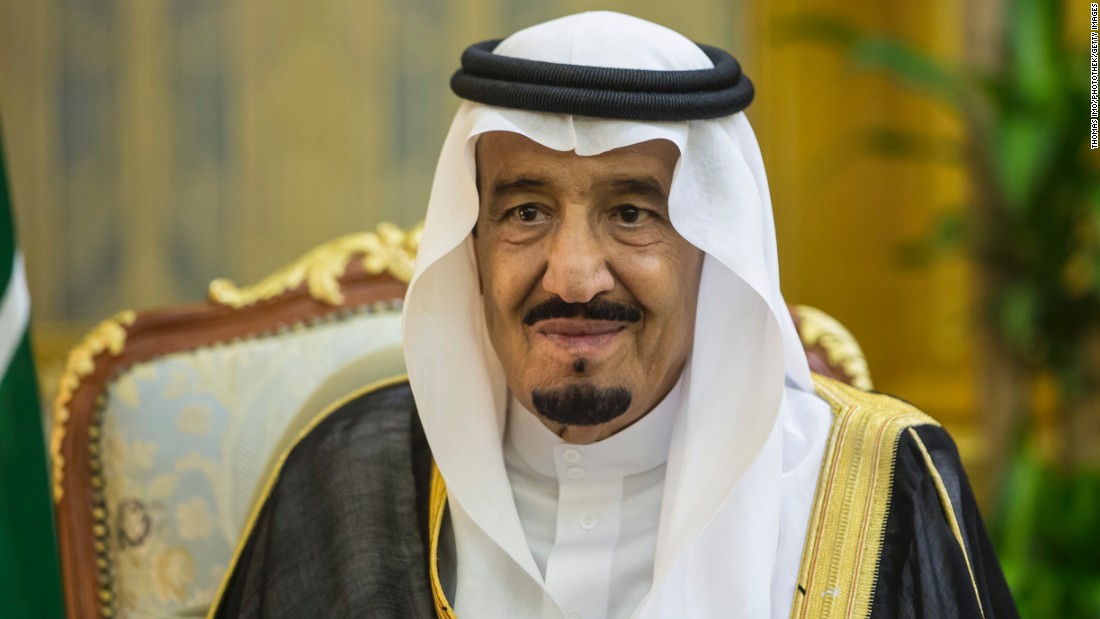[fblike]
 For American policymakers, Saudi Arabia is deemed as one of the pillars of stability in the Middle East. Despite its export of Wahhabist Islam and its suppression of democratic and gender rights, the kingdom has anchored the interests of Sunni Muslims in the region for the last six decades. Saudi Arabia has also been a reliable American ally, assisting in the Persian Gulf War of 1990-1991 and offering ideas for solving the Israeli-Palestinian dispute. The House of Saud’s leadership in global oil markets has been valuable as well, with the country serving as the de facto leader of the Oil and Petroleum Exporting Countries (OPEC) cartel. However, the growing strength of Iran over the last decade has created significant anxieties in Saudi ranks. With the decline of Western sanctions against the Islamic Republic it is possible that the Iranian economy could overtake Saudi Arabia’s in the long-term, and low oil prices are forcing the kingdom to make choices about how it can sustain its social model without provoking unrest in the coming years. These Saudi anxieties could prove harmful for the Middle East, especially if they cause the regime to engage in risky interventions and some of this is already taking place in Syria and Yemen.
For American policymakers, Saudi Arabia is deemed as one of the pillars of stability in the Middle East. Despite its export of Wahhabist Islam and its suppression of democratic and gender rights, the kingdom has anchored the interests of Sunni Muslims in the region for the last six decades. Saudi Arabia has also been a reliable American ally, assisting in the Persian Gulf War of 1990-1991 and offering ideas for solving the Israeli-Palestinian dispute. The House of Saud’s leadership in global oil markets has been valuable as well, with the country serving as the de facto leader of the Oil and Petroleum Exporting Countries (OPEC) cartel. However, the growing strength of Iran over the last decade has created significant anxieties in Saudi ranks. With the decline of Western sanctions against the Islamic Republic it is possible that the Iranian economy could overtake Saudi Arabia’s in the long-term, and low oil prices are forcing the kingdom to make choices about how it can sustain its social model without provoking unrest in the coming years. These Saudi anxieties could prove harmful for the Middle East, especially if they cause the regime to engage in risky interventions and some of this is already taking place in Syria and Yemen.
This topic brief will discuss Saudi Arabia’s rivalry with Iran, highlight its current economic struggles, and analyze how Saudi anxieties could affect the larger Middle East in the years ahead.
Readers are also encouraged to use the links below and in the related R&D to bolster their files about this topic.
Read More
 Here is today’s premium R&D to accompany today’s premium topic brief on the death of Antonin Scalia.
Here is today’s premium R&D to accompany today’s premium topic brief on the death of Antonin Scalia.



 s a list of all our old quizzes,
s a list of all our old quizzes, 




 For American policymakers, Saudi Arabia is deemed as one of the pillars of stability in the Middle East. Despite its export of Wahhabist Islam and its suppression of democratic and gender rights, the kingdom has anchored the interests of Sunni Muslims in the region for the last six decades. Saudi Arabia has also been a reliable American ally, assisting in the Persian Gulf War of 1990-1991 and offering ideas for solving the Israeli-Palestinian dispute. The House of Saud’s leadership in global oil markets has been valuable as well, with the country serving as the de facto leader of the Oil and Petroleum Exporting Countries (OPEC) cartel. However, the growing strength of Iran over the last decade has created significant anxieties in Saudi ranks. With the decline of Western sanctions against the Islamic Republic it is possible that the Iranian economy could overtake Saudi Arabia’s in the long-term, and low oil prices are forcing the kingdom to make choices about how it can sustain its social model without provoking unrest in the coming years. These Saudi anxieties could prove harmful for the Middle East, especially if they cause the regime to engage in risky interventions and some of this is already taking place in Syria and Yemen.
For American policymakers, Saudi Arabia is deemed as one of the pillars of stability in the Middle East. Despite its export of Wahhabist Islam and its suppression of democratic and gender rights, the kingdom has anchored the interests of Sunni Muslims in the region for the last six decades. Saudi Arabia has also been a reliable American ally, assisting in the Persian Gulf War of 1990-1991 and offering ideas for solving the Israeli-Palestinian dispute. The House of Saud’s leadership in global oil markets has been valuable as well, with the country serving as the de facto leader of the Oil and Petroleum Exporting Countries (OPEC) cartel. However, the growing strength of Iran over the last decade has created significant anxieties in Saudi ranks. With the decline of Western sanctions against the Islamic Republic it is possible that the Iranian economy could overtake Saudi Arabia’s in the long-term, and low oil prices are forcing the kingdom to make choices about how it can sustain its social model without provoking unrest in the coming years. These Saudi anxieties could prove harmful for the Middle East, especially if they cause the regime to engage in risky interventions and some of this is already taking place in Syria and Yemen. Here is today’s premium R&D to accompany
Here is today’s premium R&D to accompany